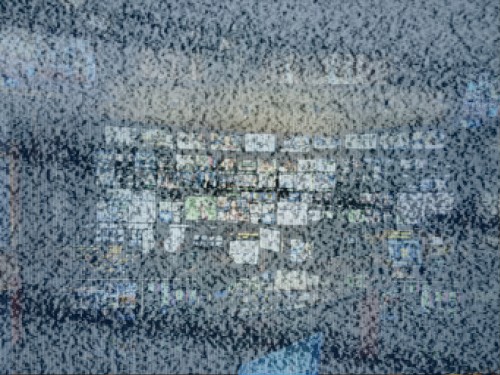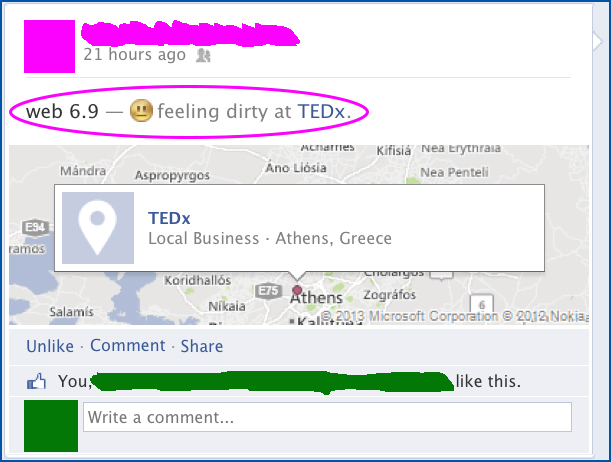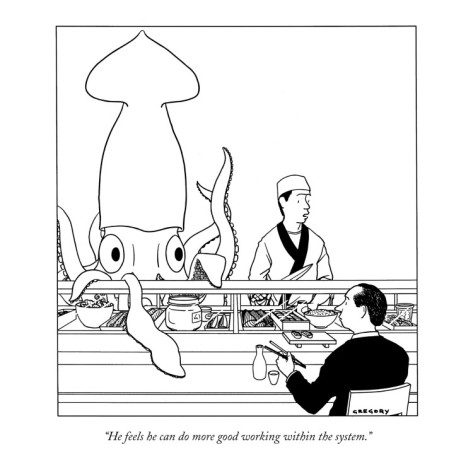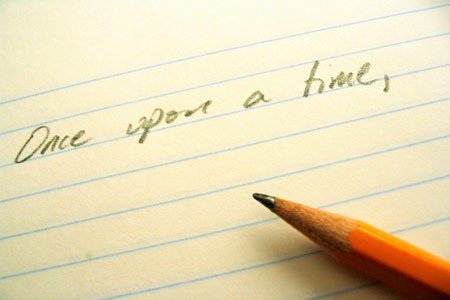
The very fact that your eyes rolled (just a little bit) at the title tells you that it is absolutely true. So true its obnoxious to proclaim it. Perhaps cable news died when CNN made a hologram of Jessica Yeller and beamed her into the “Situation Room” just to talk horse race bullshit during the 2008 election. Or maybe it was as far back as 2004 when Jon Stewart went on Crossfire and shattered the fourth wall by excoriating the dual hosts for destroying public discourse. The beginning of the end might be hard to pinpoint, but the end is certainly coming. Fox News had its lowest ratings since 2001 this year, but still has more viewers than CNN & MSNBCNEWSWHATEVERITSCALLEDNOW combined. Even if ratings weren’t a problem, credibility certainly is. Imagine if CNN stopped calling themselves the “Most Trusted Name In News” and used the more accurate, “A Little Over Half of Our Viewers Think We’re Believable.” By now it is clear that the zombified talking heads of cable news are either bought and sold, or just irrelevant. Cable news channels’ hulking, telepresent bodies have been run through and left to rot on the cynical barbs of political bloggers and just about anyone at a comedy shop’s open-mic night. This last series of screw-ups in Boston (here, here, here and unless it was avant-garde electronic literature, here) begs the question if cable news channels can even tell us what’s going on anymore. Cable news is dead, but something keeps animating the corpse. more...






